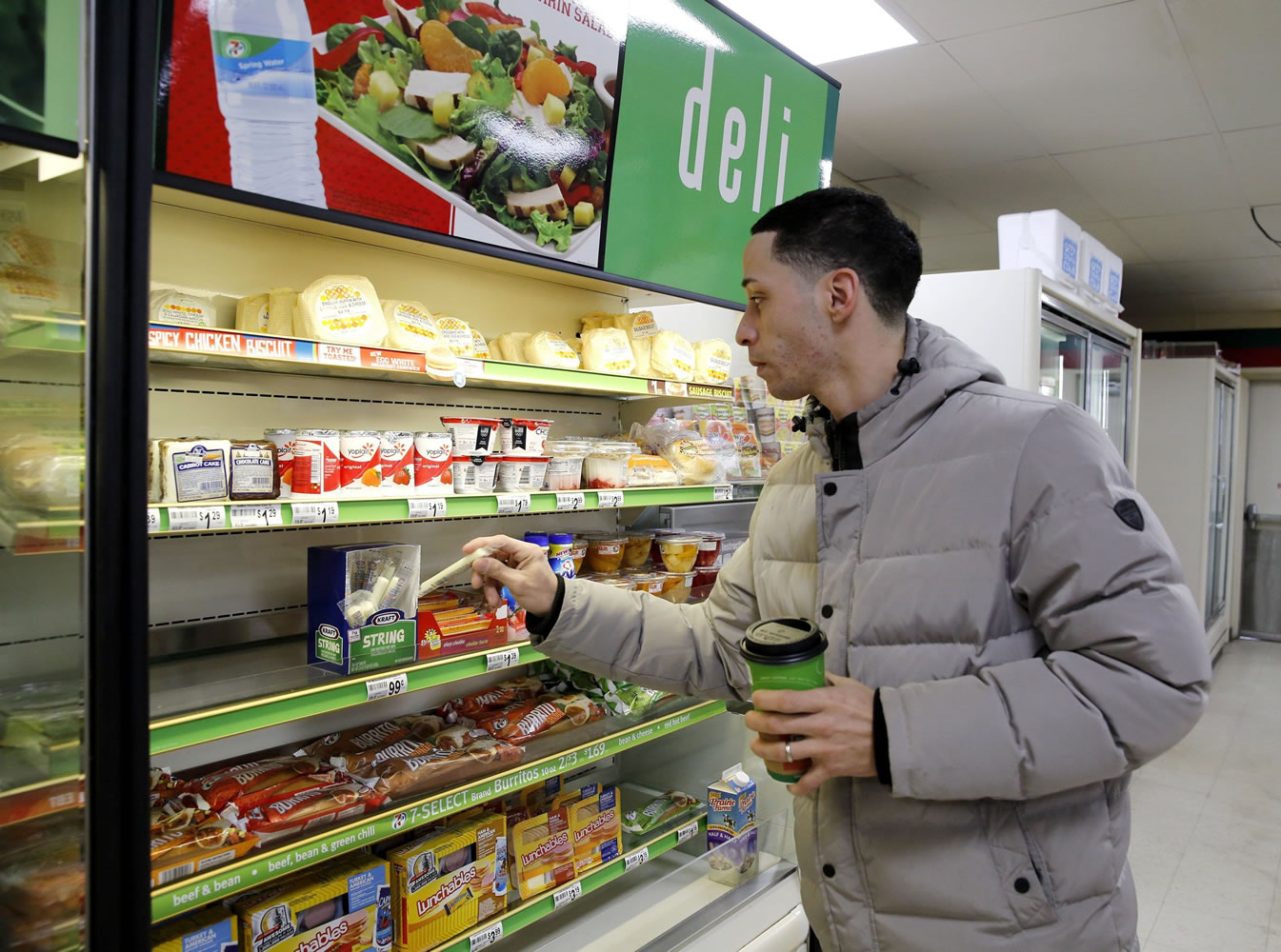7-Eleven relies on thousands of franchisees to sell millions of Slurpees, Big Bite hot dogs and other snacks.
But in the past two years, at least a dozen franchisees have sued the company, alleging it stripped them of their stores for bogus reasons. Some plaintiffs say 7-Eleven targeted successful stores in high-traffic areas, then flipped them to new franchisees willing to pay the company higher fees.
7-Eleven counters in court documents that some of those franchisees were stealing, depriving the company of its full share of the store profits, often by falsifying sales records. Company investigations led to hardball negotiations between the store owners and 7-Eleven, which pressured franchisees to give up their stores or face potential prosecutions, according to court records.
Dilip Patel and his wife, Saroj, said the company used “storm trooper interrogation and isolation tactics” in such sessions. The couple, who sued in March, ultimately gave up their Riverside, Calif., store, which they had run since 1995, with no compensation from 7-Eleven.
The company said in a statement that it moved to terminate the couple’s contract after a “thorough and lawful investigation.” The company vowed to fight the Patels’ suit and others, but declined to comment on the couple’s specific allegations.
“Good, hardworking, independent franchisees are the backbone of the 7-Eleven brand,” a company statement said. “As to those few franchisees who violate the law or the franchise agreement, we are determined to protect our guests, employees and other franchisees by ending the relationship.”
7-Eleven has invested heavily in efforts to keep a close eye on its stores — and the people who run them.
In the 2012 fiscal year, the company spent $40 million on digital video technology, installing 4,000 camera systems in nine months, many of which 7-Eleven can access remotely. Many stores now have a 360-degree camera and a 180-degree analytics camera at the front door with the ability to measure traffic, the time consumers spend in stores and other analytics.
The company has said in court documents that its asset protection agents rigorously investigate suspicious franchisee behavior, viewing hours of in-store footage, taking covert photos and tracing red flags in sales records.
In Pennsylvania, an agent sent undercover shoppers into a store where the franchisee was suspected of voiding legitimate sales and pocketing the cash. When the investigator later compared the 18 purchases he had sanctioned against the franchisee’s sales logs, he found that 13 transactions had been improperly recorded, 7-Eleven said in court documents.
Mark Stinde, 7-Eleven’s vice president of asset protection, told loss prevention publication LP Magazine last year that his department “can’t just be a cost center in the organization; we really should be an income center.”
The level of surveillance at 7-Eleven is uncommon among similar companies, said Encino, Calif., franchise attorney Barry Kurtz.
“I’ve never seen anything like this — it’s like paranoia city,” he said. “But in all fairness, they’ve probably had experiences in the past where their franchise community has been ripping them off.”
Some investigations of franchisees amount to a “predatory program,” alleges Kurt McCord, who said in court documents that he was briefly a corporate investigations supervisor for 7-Eleven before stepping down last year.
McCord filed an affidavit in a lawsuit by Karamjeet Sodhi, who alleges that 7-Eleven sent agents into his six New Jersey stores, removed lottery books and money order machines and cut him off from his vendors. Sodhi and the company are currently in court fighting over control of the stores.
The company employed a tactic known in the franchise community as “churning,” McCord alleged in his affidavit. The company generates “tens of millions of dollars in additional profits” by inventing accusations of franchisee fraud, then taking back and reselling the stores, according to McCord. 7-Eleven has not responded to McCord’s affidavit in court and declined requests to comment on his allegations.



